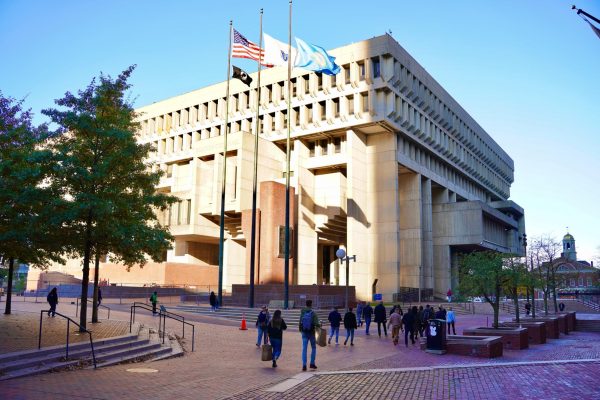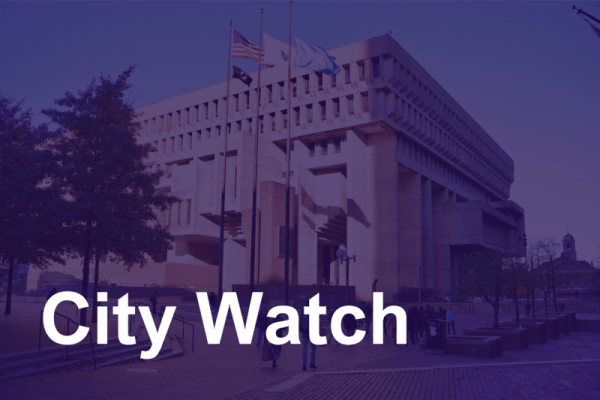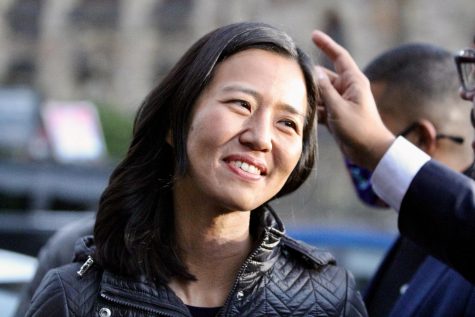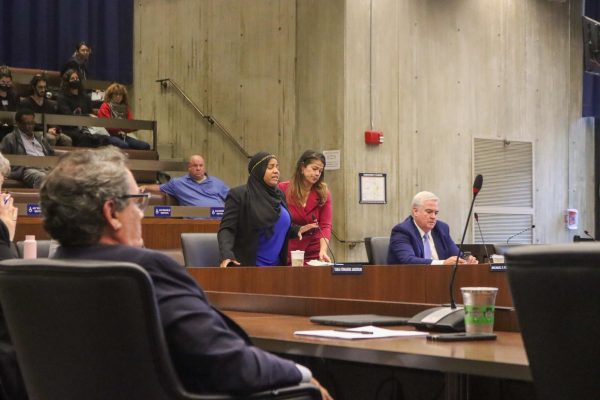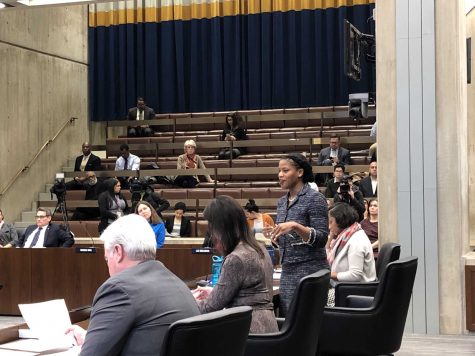City council discusses public transportation, police oversight, residential properties taxes & COVID-19 testing issues
December 4, 2020
This week, the city council passed motions addressing grants from the Massachusetts Bay Transportation Authority, police oversight, COVID-19 testing issues and lifting tax burden for residential homeowners.
The meeting was held virtually through the video-conferencing app Zoom and the following dockets were presented and discussed:
Grants from city and state to support the Massachusetts Bay Transportation Authority (MBTA) – Dockets 0195 through 0910
City Councilor and Chair of the Committee on Planning, Development and Transportation
Michelle Wu, spoke to the urgency of accepting and implementing grants, especially as the city faces budget shortfalls and transportation cutbacks.
Wu said that the funding from the MBTA for expanded bus lanes wasn’t just for one year, it is committed to supporting these projects amidst budget shortfalls in the years to come.
Wu, while supportive of the grants from the MBTA, called into question why they could financially support these grants, while also proposing cuts to services which have raised concerns from community members as well as public officials. That said, Wu called for the measures to be passed. Dockets 0195 through 0910 on the agenda were passed unanimously by the Council.
Police oversight through a Civilian Review Board and Office of Police Accountability and Transparency- Docket 0885 and 1094
Several council members spoke about the need to address police accountability and called for action this year. One specific proposal is the creation of a Civilian Review Board,which would give this new body subpoena powers over the Boston Police Department.
Another major docket proposal was to approve Mayor Martin Walsh’s ordinance to create the Office of Police Accountability and Transparency or OPAT. Last month, the Mayor called on the city council to pass the ordinance.
City Councilor Lydia Edwards said, “It’s important that we as a city council meet this moment and hear the urgency we’ve heard from our constituents. We’ve discussed all sorts of things, we’ve discussed ‘defunding the police’, we have heard and the Mayor has heard, something has to get done this year.”
Edwards called for the dockets to stay in committee so that the finer details over issues such as funding mechanisms and city council involvement could be addressed. She said she believes these measures, dockets 0885 and 1094 will be ready to pass by the end of the year.
Tax classification to lift burden on residential homeowners – Docket 1102
Due to the current economic climate , the council discussed the need to adopt tax classification to shift more of the tax burden from residential property owners to commercial owners.
While some Bostonians may have properties, they can be cash poor, especially during an economic crisis like the one we’re in. The passing of this tax classification would keeping the tax burden low on residential homeowners and not doing so could lead to a 50% property tax increase on almost all residential owners, City Councilor Kenzie Bok said. The council has adopted the measure every year since its passage in the 1970s and docket 1102 passed unanimously.
More information on COVID-19 testing in Boston – Docket 1125
City Councilor Ricardo Arroyo called for a hearing on COVID-19 testing infrastructure as a second wave hits Boston, affecting working-class neighborhoods and communities of color the most. He called attention to wait times and a lack of testing availability.
City Councilor Matthew O’Malley raised the idea of partnering with local colleges and universities who have created efficient, large-scale testing systems like the one at Northeastern University to improve testing in the city.
Docket 1125 passed unanimously and was assigned to the Committee on Public Health and a hearing will be held to discuss how to address COVID-19 spikes in the city.
Petition for special law to give voting powers to the student member of the Boston School Committee – Docket 1126
City Councilor Annissa Essaibi George offered a petition to give voting powers to the student member of the Boston School Committee.The student member,elected by fellow classmates, attends every school committee meeting, but does not have a vote. This petition to the General Court would give that student the power to vote. Several city councilors were in support of this measure, which includes the addition of two students so as to break the tie vote. Docket 1126 passed unanimously.


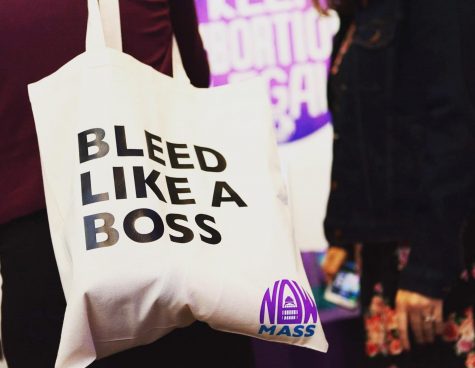
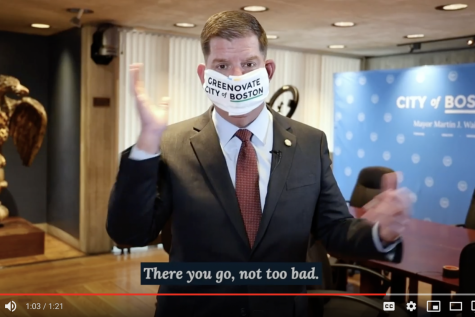


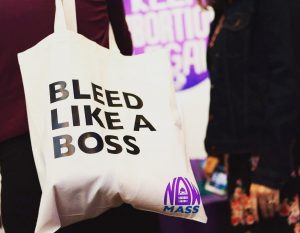




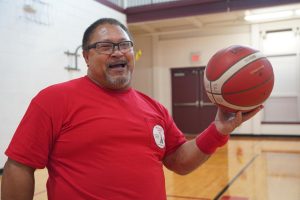
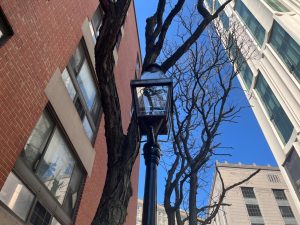
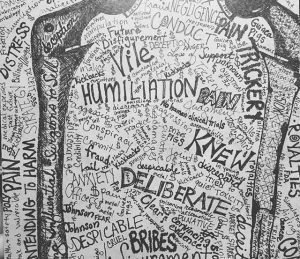
![Worcester, MA — Pearson’s recent piece “Lipstick on a Pig” contends with her self-perception. The title of the painting came to her first, “fixating in [her] head quite a lot,” Pearson said.](https://thescopeboston.org/wp-content/uploads/2024/03/2-300x200.jpg)
